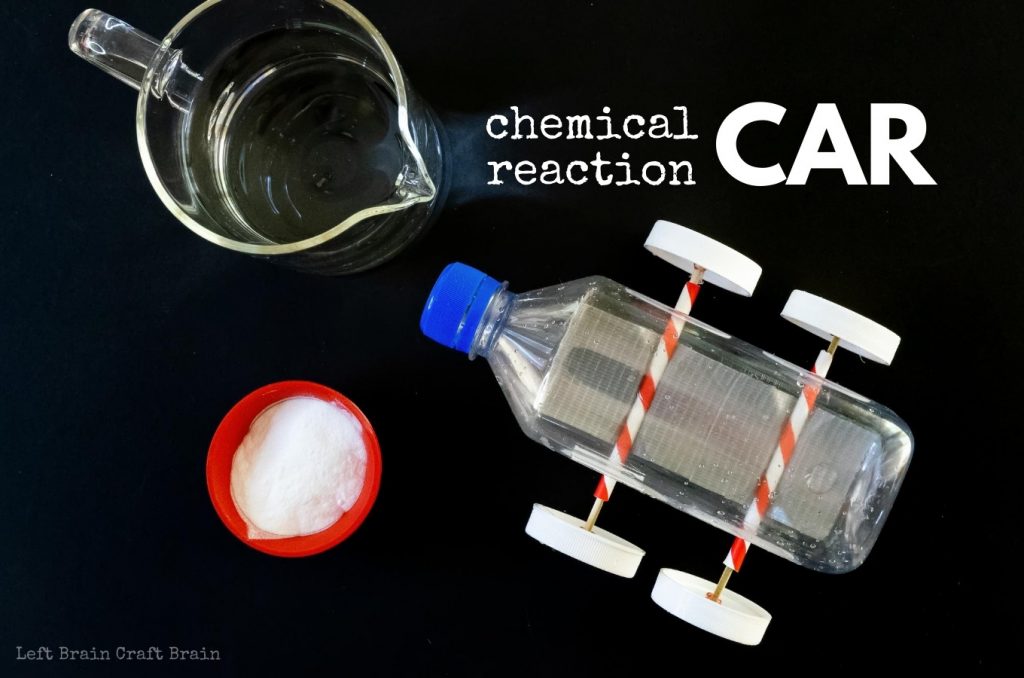
Cleaning products play a crucial role in maintaining cleanliness and hygiene in our homes and workplaces. However, not all cleaning products are created equal. Many contain phosphates, which can have detrimental effects on the environment and human health. In this article, we will delve into the world of cleaning products and explore the various types that contain phosphates, their impacts, and alternative options for a greener and safer cleaning routine.
- Understanding Phosphates:
Phosphates are chemical compounds that contain the element phosphorus. They are commonly used in cleaning products due to their ability to break down grease and remove stains effectively. However, when these phosphates find their way into water bodies, they can cause serious environmental issues such as eutrophication, harmful algal blooms, and water pollution. - Cleaning Products with Phosphates:
a) Dishwashing Detergents: Many conventional dishwashing detergents contain phosphates to enhance their cleaning power. These phosphates help to remove tough food residues and leave dishes sparkling clean. However, when these detergents are rinsed off and enter the water system, they contribute to the phosphate load in aquatic ecosystems.
b) Laundry Detergents: Phosphates are also commonly found in laundry detergents, especially those designed for heavy-duty cleaning. They aid in breaking down stains and improving the overall effectiveness of the detergent. However, similar to dishwashing detergents, the phosphates in laundry detergents can have negative consequences when they reach water bodies.
c) All-Purpose Cleaners: Some all-purpose cleaners, particularly those marketed as heavy-duty or industrial-strength, may contain phosphates. These cleaners are often used in commercial settings or for tackling stubborn stains and grime. It is important to read the labels carefully and choose phosphate-free alternatives whenever possible.
- The Environmental Impact:
When phosphates from cleaning products enter water bodies, they act as nutrients for algae and other aquatic plants. This excessive nutrient load leads to the rapid growth of these organisms, resulting in algal blooms. These blooms deplete oxygen levels in the water, leading to the death of fish and other aquatic life. Additionally, the decomposition of these organisms further degrades water quality, causing long-term damage to ecosystems. - Phosphate-Free Alternatives:
a) Eco-Friendly Dishwashing Detergents: Look for dishwashing detergents labeled as "phosphate-free" or "environmentally friendly." These products utilize alternative ingredients such as enzymes and plant-based surfactants to achieve effective cleaning without the harmful environmental impact.
b) Natural Laundry Detergents: Opt for laundry detergents that are phosphate-free and made from natural ingredients. These products are designed to be gentle on fabrics while still providing excellent cleaning power. Look for certifications such as "EcoLogo" or "Green Seal" to ensure their eco-friendliness.
c) Homemade Cleaning Solutions: Consider making your own cleaning solutions using simple ingredients like vinegar, baking soda, and lemon juice. These natural alternatives are not only phosphate-free but also cost-effective and safe for both the environment and your health.
Conclusion:
While cleaning products containing phosphates may offer powerful cleaning capabilities, their environmental and health impacts cannot be ignored. By choosing phosphate-free alternatives and adopting greener cleaning practices, we can contribute to a healthier planet and safeguard our own well-being. Let's make informed choices and embrace a more sustainable approach to cleaning.


